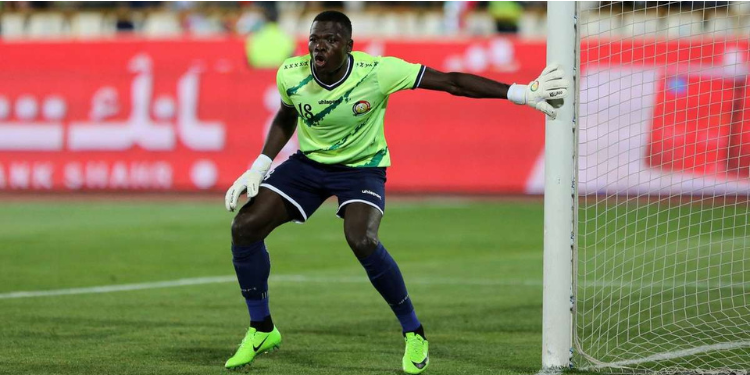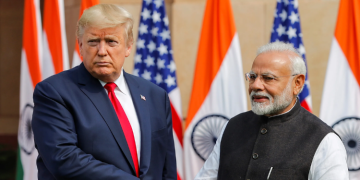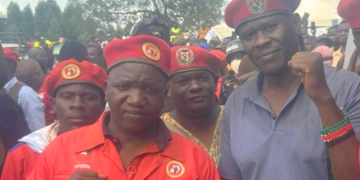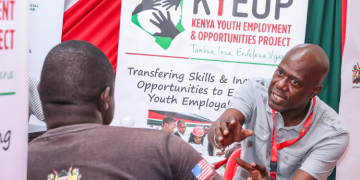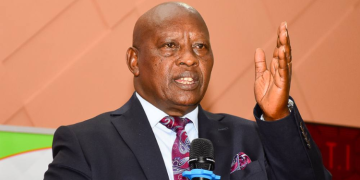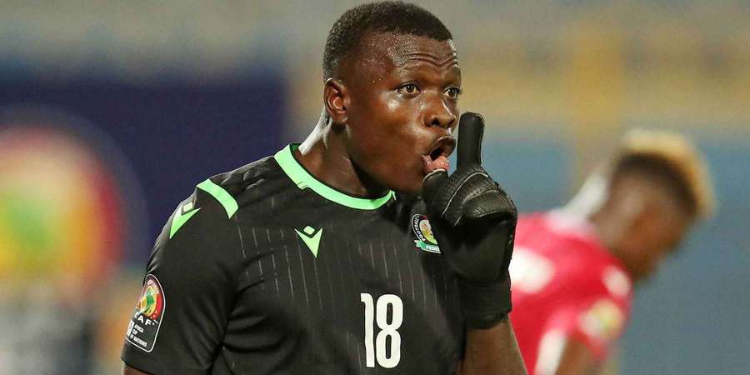The High Court in Kakamega has struck out a petition filed by former Harambee Stars goalkeeper Patrick Matasi, effectively clearing the way for the Football Kenya Federation (FKF) to proceed with disciplinary action against him.
Matasi had earlier secured conservatory orders on April 8, 2025, temporarily halting FKF’s enforcement of a 90-day suspension.
Matasi in Trouble
The suspension followed the circulation of a viral video allegedly showing Matasi inside a vehicle discussing plans to manipulate an unspecified football match.
In the final ruling, Justice S.N. Mbungi ruled that FKF had acted within its statutes, specifically under Section VII (2) of the FKF Anti-Match Manipulation Regulations (2016).
The decision marks a significant victory for FKF, which has been under pressure to demonstrate its commitment to integrity in Kenyan football.
FKF was represented by Ochutsi Munyendo and Company Advocates, who successfully argued that the federation’s actions were both lawful and necessary to uphold the sport’s credibility.
The ruling is expected to set a precedent for future cases involving match-fixing allegations, reinforcing the federation’s authority to take swift action against suspected misconduct.
FKF Anti-Match Manipulation Regulations (2016)
The FKF regulations, established to safeguard the integrity of Kenyan football, outline a comprehensive list of prohibited conduct under Article V (1) (i) and (ii).
Individuals subject to FKF’s jurisdiction are barred from engaging in the following:
- Betting, wagering, or gambling on matches in which they are involved.
- Deliberately underperforming as part of an arrangement related to betting.
- Fixing or exerting undue influence on any match occurrence is prohibited.
- Inducing others to underperform or manipulate match outcomes.
- Providing inside information not publicly known.
- Ensuring specific incidents occur to influence betting outcomes.
- Offering or receiving gifts, payments, or benefits that could bring FKF or football into disrepute.
- Engaging in any related conduct that is prejudicial to the interests of FKF or football.
These provisions form the legal foundation for FKF’s disciplinary actions in match-fixing cases.
They were previously used to suspend Zoo FC players and officials and now stand at the center of FKF’s case against Patrick Matasi, whose alleged conduct is believed to fall within these categories.
The regulations also lay out clear sanctions for individuals found guilty of compromising the integrity of the game.
Also Read: Russia to Send 15 Athletes for Special Training in Kenya
Under these regulations, violators may face:
- Suspension or bans from all FKF-sanctioned events and competitions, including domestic leagues and national team activities.
- Fines, which vary depending on the severity of the offense and the level of involvement.
- Referral to the Sports Disputes Tribunal (SDT) or the Court of Arbitration for Sport (CAS) if appeals are filed, allowing for independent adjudication beyond FKF’s internal mechanisms.
Match Fixing in Kenyan Football
Kenyan football is facing a deepening crisis as match-fixing continues to undermine the sport’s integrity across all levels, from grassroots tournaments to top-tier leagues.
A recent analysis by the Kenya Institute for Public Policy Research and Analysis (KIPPRA) reveals a disturbing trend of manipulation, bribery, and corruption that threatens the future of the game.
According to the report, KIPPRA attributes the persistence of match-fixing to several systemic issues, noting that Kenya lacks a law criminalizing match-fixing, which makes prosecution difficult.
KIPPRA noted that regulatory gaps allow corruption to flourish within FKF and club management.
Delayed or inadequate compensation for players and staff increases openness to bribery.
Also Read: Raila Odinga’s Final Message to Football Fans Before His Death
Lastly, the rise of sports gambling has created incentives for manipulation, with insiders exploiting their access to influence outcomes.
Match-fixing has damaged the credibility of Kenyan football. Fans no longer trust match outcomes, and sponsors withdraw support to avoid reputational risk.
Young athletes also lose motivation as corruption overrides merit, and without reform, the sport’s integrity will continue to erode.
Follow our WhatsApp Channel and X Account for real-time news updates.
